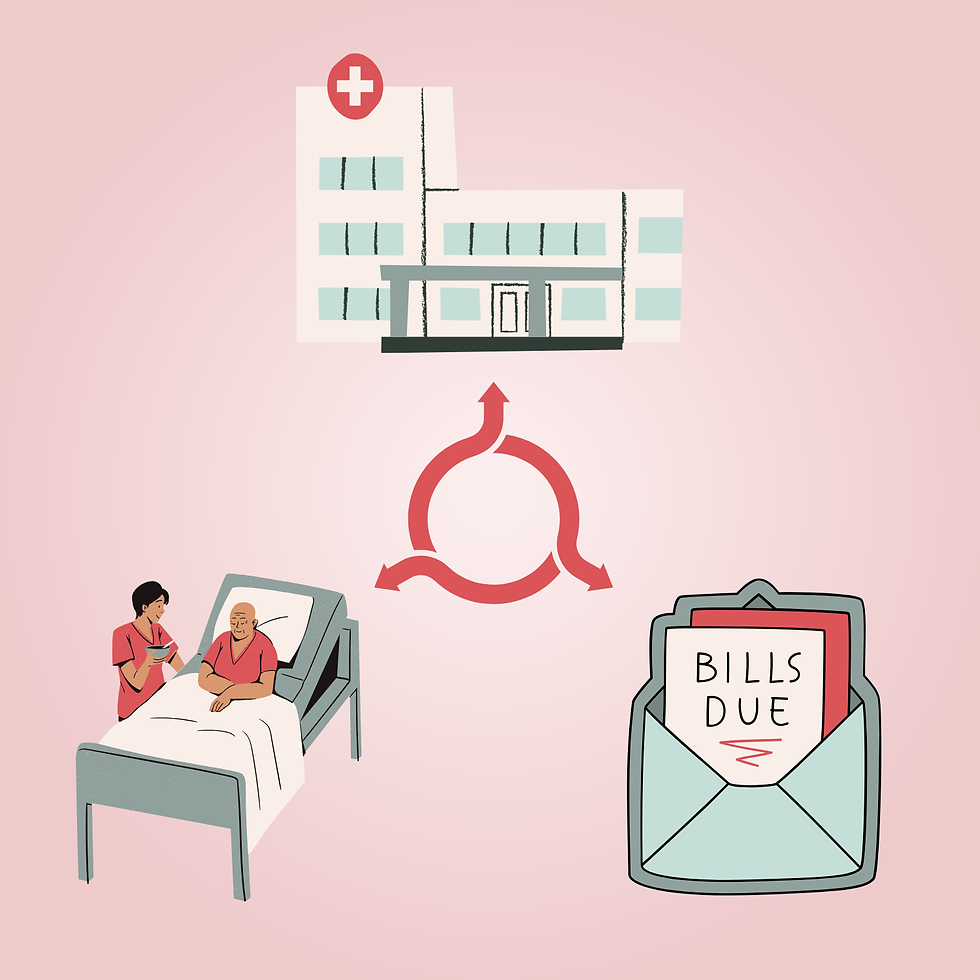Since Henrietta Lacks: What Has Changed?
- Meera Patel
- Apr 1, 2023
- 2 min read
Seventy-two years ago, a poor black woman walked into a hospital in Baltimore looking for treatment for her vaginal bleeding. When doctors examined her, they found a malignant tumor on her cervix. She was subjected to biopsies and treated with radiation that burned her skin off. Several decades later, the cells from her biopsy–the now infamous HeLa cells– were used for the discovery of medical advancements that made billions of dollars. The woman, Henrietta Lacks, and her legacy, were condemned to a single line in history books, forgotten by the physicians who treated her and forgotten by medicine.

How much has changed since then? Women, and specifically black women, are still undertreated and underserved. Black women have higher rates of chronic diseases like hypertension, diabetes, and breast cancer, and have higher maternal mortality rates than any other demographic in the United States. In other countries around the world, females are routinely subject to a horrifying procedure known as “female genital mutilation,” sometimes at an age as young as 10 and oftentimes without anesthesia. No matter how many strides in “equality” we claim to have made, a simple truth remains: the medical community has failed its women, particularly women of color.
What can we do? Many of the disparities in medical care center around harmful views of women–that women are promiscuous, that women overstate their pain, that women complain too much, that women should not be afforded the same rights as men, and other biases, implicit or explicit, that shape womens’ experience in health systems. Instituting more robust medical education that focus on the disparities faced by women in the health system, instituting bias training for health workers, and perhaps most importantly, confronting our own assumptions about women, no matter how insignificant they may seem.
**In this blog post, the term “women” is used to refer to all individuals who are female-identifying or female-presenting
Edited by: Eric Lee
Graphic Designed by: Ariha Mehta



Comments